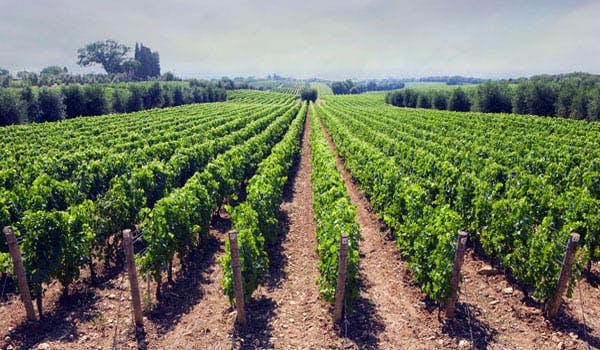The Australian wine industry has not been without difficulties in recent years. But Tasmania has increasingly been attracting investment from some of the sector’s major players.
While the southern-most state represents only a small fraction of the wine industry in Australia, it prides itself on the quality of its produce. Tasmania averages 7,800 tonnes of production each year and the market is heavily geared around pinot noir.
Chief executive of Wine Tasmania, Sheralee Davies, told Dynamic Business that a number of companies had now purchased vineyards or winery assets. “That’s a very tangible and visible thing,” she said. “Existing producers are also expanding their own businesses in the form of additional vineyard area or additional infrastructure.”
Some of the industry players to look towards Tasmania in recent years include Treasury Wine Estates, Brown Brothers, Hill Smith Family Vineyards (owner of Yalumba) and Accolade Wines.
The reasons for the growth in Tasmanian wine production are varied. “Some rate the climate or a change in climate as being more influential in their decision than others,” Ms Davies said. “Other reasons are perhaps the quality in terms of the sorts of premium wines we can make here in Tasmania.”
Pinot noir accounts for nearly half of the wine produced in Tasmania, while chardonnay accounts for nearly a quarter and sauvignon blanc makes up about 12 per cent.
The Tasmanian Climate Change Office notes that, as of 2012, the industry consisted of roughly 1,500 hectares under vine, 230 vineyards and 160 licensed producers. It contributed about $75 million to the state economy, employed about 1000 people and was growing at a rate of 10 per cent per year.
A report by the climate change office also suggests that Tasmania will increasingly become a popular destination for wine makers because the effects of climate change will not be as greatly felt. “If climate change has an upside, it can be found in the rapidly expanding Tasmanian wine industry,” it notes.
“It certainly will grow,” said Ms Davies. “In some respects it needs to grow because at the moment we do have some challenges based on our size and being restricted by our size and economies of scale and in terms of opening new markets.”
While Ms Davies said Tasmania’s share of Australian wine production would always be on the small size, mainland and international sales would continue to increase.

